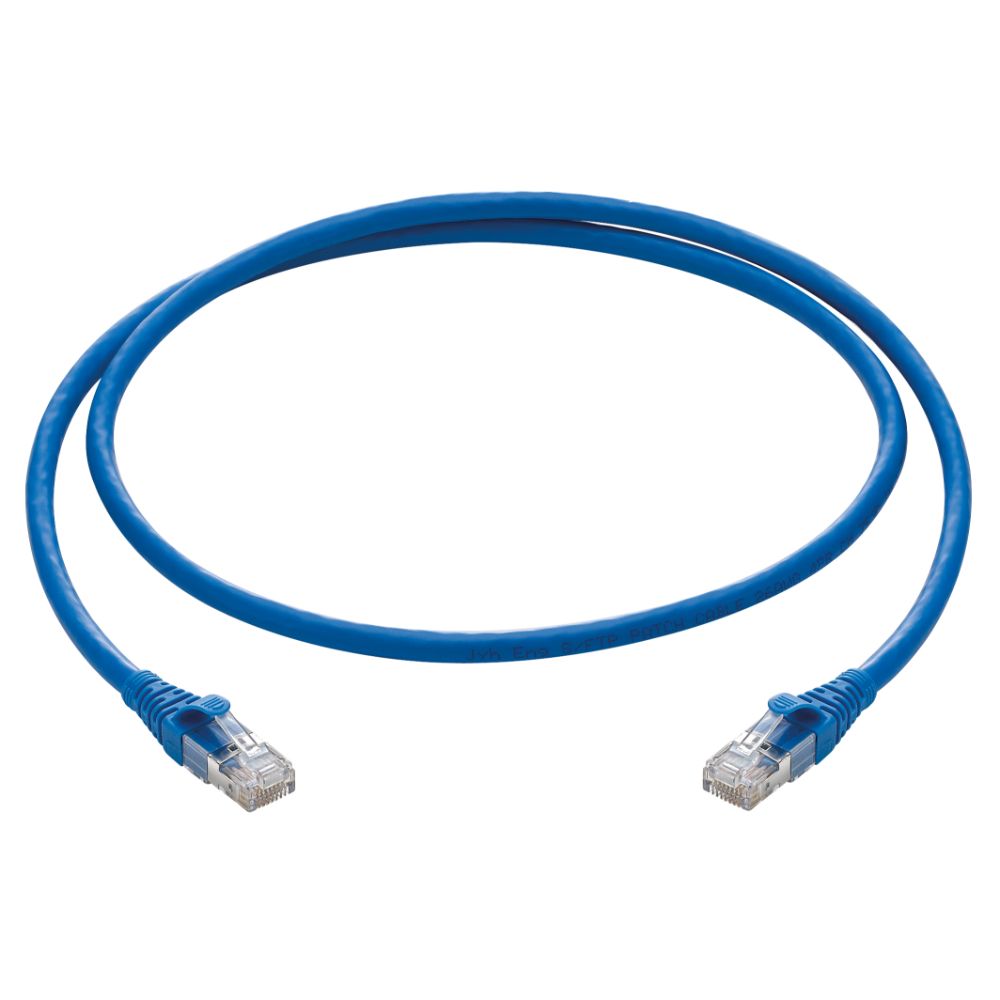Why Every Pilot Should Trust a Certified Aviation Repair Station

Every pilot knows that aircraft maintenance is not only a requirement by regulation but also a factor of safety in flight. A certified aviation repair station ensures that the FAA regulations are met and that the quality of maintenance is at its best.
Unlike uncertified facilities, these stations undergo rigorous audits and maintain standards that directly impact aircraft reliability and operational efficiency. Below, we will discuss why every pilot should trust a Certified Aviation Repair Station.
Compliance with FAA Regulations
The FAA ensures total compliance with strict protocols designed to prevent mechanical failures in aircraft. A certified aircraft repair station would adhere strictly to all repair and inspection protocols as required by the FAA.
Certification would mean that trained experts, using only acknowledged tools and techniques, would ensure an aircraft to its original specifications while minimizing the chances of malfunctions in flight.
Expertise and Advanced Diagnostic Tools
A certified aviation repair station employs highly trained technicians specializing in various aircraft models, from commercial to private planes. These experts use advanced diagnostic tools to detect even the smallest issues before they escalate into major safety concerns. Cutting-edge technology enables thorough inspections of all systems, ensuring optimal performance and compliance with strict aviation standards. With meticulous attention to detail and industry expertise, certified repair stations provide reliable maintenance and repairs, enhancing aircraft safety and efficiency for every flight.
Genuine Parts and Authorized Repairs
Catastrophic failures can occur if aircraft are maintained with poor-quality parts. Accredited repair stations use only high-quality, manufacturer-approved components. These stations implement strict inventory controls to verify and validate all substitute parts, ensuring they do not compromise the aircraft’s integrity. By using reliable parts, they enhance safety, extend component lifespan, and reduce mechanical failures during flights. This rigorous process helps maintain operational efficiency and prevents unexpected issues, ensuring aircraft remain safe and dependable for extended periods.
Saving from Expensive Mistakes During Maintenance
Uncertified providers risk compromising safety with subpar repairs, leading to potential hazards. In contrast, certified repair stations ensure meticulous work, eliminating errors like improper installation or missed inspections. Their stringent standards prevent overpayment mistakes and guarantee quality. Choosing certified stations means prioritizing safety and reliability, as their careful processes ensure repairs meet rigorous aviation standards, safeguarding both pilots and passengers. Opting for uncertified options may save costs but jeopardizes safety and performance.
Compliant Maintenance Records of the Same Grade
Regulatory bodies require detailed aircraft records, maintained by certified repair stations to ensure FAA compliance. These records are crucial for audits, sales, and insurance claims. Proper documentation also helps pilots manage schedules, preventing penalties or grounding due to missing records. Accurate record-keeping ensures safety, regulatory adherence, and operational efficiency, making it essential for the aviation industry.
Improved Resale Value and Aircraft Longevity
Aircraft maintained by certified aviation repair stations boast higher resale values due to their trusted maintenance histories. Buyers and leasing companies prioritize aircraft serviced at verified facilities, as regular upkeep by professionals ensures critical components remain in optimal condition. This meticulous care not only enhances safety and performance but also extends the aircraft’s lifespan, preserving its value over time. Investing in certified maintenance guarantees long-term reliability, making such aircraft more desirable in the competitive resale and leasing markets.
Reduced Downtime with Efficient Service
Time on the ground equates to financial losses for aircraft operators. Certified repair stations play a crucial role in minimizing downtime by providing efficient, high-quality service. They adhere to structured workflows, ensuring timely inspections, repairs, and regulatory approvals. This enables quick turnarounds, reducing disruptions to flight schedules and maintaining operational efficiency. Trusted repair stations are indispensable for keeping aircraft airborne, minimizing costly delays, and ensuring safety. By delivering reliable and swift maintenance solutions, they help operators optimize performance and uphold the seamless flow of aviation operations, ultimately safeguarding profitability and operational continuity.
Final Thoughts: Why Pilots Should Prioritize Certified Maintenance
A certified aircraft repair station is trusted for safety, regulatory compliance, and aircraft performance. Pilots who rely on verified stations will enjoy expert diagnostics, genuine parts, and meticulous record-keeping. Selecting a certified maintenance provider goes beyond merely fulfilling requirements—it’s about guaranteeing that each flight proceeds without any compromise. Aware that their aircraft is being handled by professionals by collaborating with a certified aviation repair station, pilots can soar through the skies with assurance.









